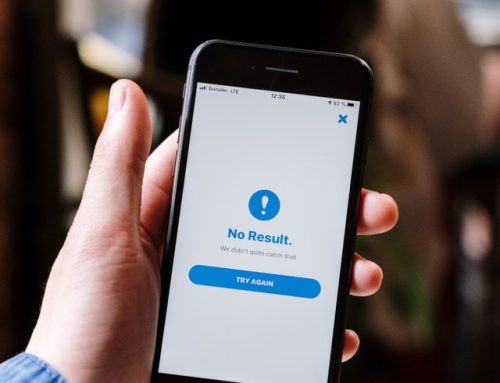How we beat ourselves up for that brownie or pizza slice! Once we’ve lost control or overdone it, forget about self-care and serenity. But research keeps confirming some ancient wisdom when it comes to eating better. Gentleness, being kind to oneself, paves a better path to success than self-flagellation.
One early (2007) study asked dieters to go easy on themselves in the face of eating proferred candy. Eaters first rated as “highly restrictive” ate less after hearing a self-compassion message than those who did not. Christopher Germer, Ph.D. mentions this study in The mindful path to self-compassion (2009). He explains, “When dieters’ heads are ‘not cluttered with unpleasant thoughts and feelings,’ they can focus on their dietary goals rather than trying to improve their mood by eating more food.”
While those of us interested in mindfulness and eating behavior may have found this work striking, it didn’t venture far beyond the mindfulness literature. Now, two new books and a related New York Times article highlight “Go Easy on Yourself, a New Wave of Research Urges” (3/1/11).
How could we have gotten this so wrong? “I’m afraid if I go easy on myself, I’ll just give in and not care anymore,” said Marie. “How can I be nice to myself after I’ve done something so disgusting?” said Sarah. These thoughts, typical of dieters, and binge eaters, don’t square with the fact that, almost always, the slips and binges continue unabated. The self-abasement doesn’t seem to work. The fear, though, is that maybe things would be even worse without it.
Consider what might really be happening, though. Who might really deserve to be treated nicely—in others words, allowed to succeed, allowed to be comfortable and not stuffed? The person who’s doing her best, or the person who done something really “disgusting”? The self-flagellation confirms that we may not be worth the care and effort of eating better. We can see this difference at work when we picture responding to a friend who’s overeaten. Would we really punish and yell at her, or would we try to soothe and encourage her? Which might help more?
Also, those negative thoughts and feelings do clutter the mind. It’s hard to reflect on what happened—on how and why a slip or binge occurred—while so preoccupied. And that kind of reflection helps avert future problems. Analysis of such events is, in fact, a major component of relapse prevention programs, and cognitive-behavioral change programs, of all types.
Dr. Kristen Neff, author of Self-Compassion: Stop Beating Yourself Up and Leave Insecurity Behind, notes that self-compassion increases motivation, contrary to the idea that we’ll whip ourselves into shape with self-criticism. You can hear this when Marie, quoted above, worked to change the habits and self-talk that followed her slips. “It’s funny, now I actually feel like I want to avoid the temptations, because I know how good I’ll feel, and how bad I’ll feel if I don’t. I guess I feel like I have some power to control that now.”
The other new book on the topic, The Self-Compassion Diet, by Jean Fain, points to the deprivation and neglect that most diet plans encourage. This stands out in Sarah’s case, who likewise had begun to respond to her binges with more self-care. “It’s the old thing, you know, that if you can’t have it you want it so much more.”
Self-compassion sits firmly in the traditions of Buddhist psychology and modern mindfulness practices. They embrace the paradox that change more likely follows acceptance than resistance. They teach that it’s hard to behave in ways that are peaceful and non-harming (for example, eating well) without first extending care to oneself.
The shift to less severe responses can indeed require “work”, time and energy. Mindfulness practice itself can help. That is, the practice of observing one’s responses non-judgmentally, in the present moment, staying aware of the breath. Skills used to deal with other negative thoughts and behaviors can help here, too, such as cognitive restructuring or affirmations. However you approach the change, the compassionate stance is that it may not happen instantly or perfectly. You’ve been hard on yourself for a long time, after all. You’ll need to learn how to be nicer now. Note what you try to do differently, and reassure yourself that you’re on the right path.
Reading:
Fain, The Self-Compassion Diet (2011), www.soundstrue.com
Neff, Self-Compassion: Stop Beating Yourself Up and Leave Insecurity Behind (2011), Morrow
Katz, Eat Sanely: Get Off the Diet Roller Coaster for Good (2010), tgig-beta.com/eatsanely.com
Germer, The mindful path to self-compassion (2009), Guilford Press
“Go Easy on Yourself, a New Wave of Research Urges”, by Tara Parker-Pope, New York Times,
(3/1/11), www.nytimes.com



